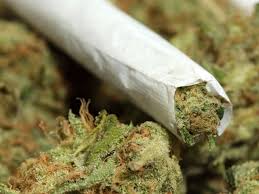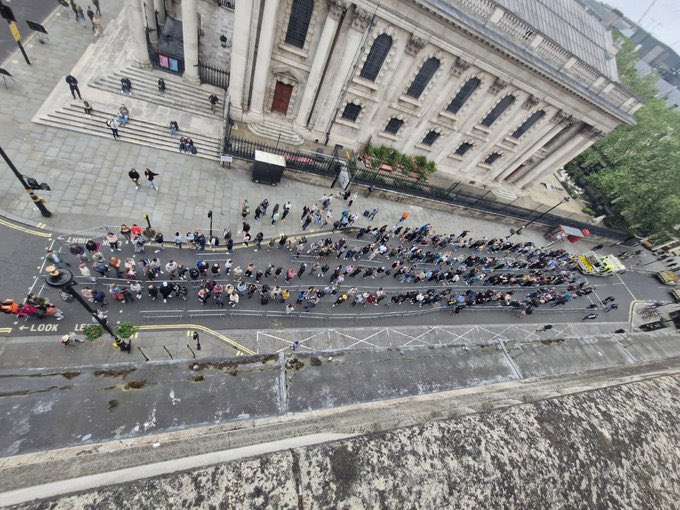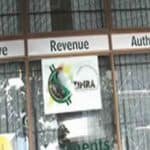Tobacco farmers have been hit hard by the coronavirus effects and the resultant measures put in place to curb its spread, particularly the restrictions of the movement of people.
When the 2020 tobacco marketing season officially opened on 29 April, hopes were that farmers who had drawn lessons from the lucrative and successful tobacco industry would be happy.
Their thoughts were that what they had applied towards production would help uplift their families’ livelihoods. However, with the season dogged by coronavirus and its effects, farmers are in sixes and sevens.
“One farmer is allowed to bring tobacco for about ten farmers, as a move by the government to limit the nomber of movements. This is creating a number of challenges,” said Maidei Sedze, a small scale tobacco farmer from Gokwe.
She added that the Tobacco Industry and Marketing Board (TIMB) should revisit their regulations preventing trucks with below seven tonnes carrying capacity, from bringing tobacco to the floors. She said this inconveniencing many small farmers as they cannot afford big trucks.
She added that what that means is that a farmer would have to wait for others to combine their produce so that they could to fill up big trucks being recommended by TIMB.
“Small-scale tobacco growers like us, have been using small trucks to deliver our crop to the floors for a number of years, but currently, it now expensive for us to hire bigger trucks,” she said.
The regulation was meant to reduce the number of farmers visiting the floors to fight the spread of Covid-19.
Another farmer, Peter kachomba from Madziva, in Mashonaland Central said some transporters with the recommended trucks are cashing -in on desperate farmers and charge high fees to carry the crop to the floors.
“Some are even requesting to be given a bale of tobacco as payment for every 20 bales to transported to the floors,” he said.
Meanwhile, one transporter, Solomon Chatadza, from Bindura said it taking longer for one to reach the floors citing roadblocks and police harassment on the roads even when one produces the letter permiting movement.
“All these missharps adds to the cost of ferrying tobacco,” he said.
Zimbabwe Farmers Union (ZFU) executive director, Paul Zakariya, recently confirmed they have been receiving concerns from farmers for a review of the transport regulation.
The ZFU would approach TIMB over the issue.
“While we cannot say the issue of transporters is the main cause why there are low deliveries to the auction floors, some farmers have raised concern over the regulation.
“What is happening is normal. During the first days, farmers test the markets and deliver the crop when they feel the prices are most favourable.
“We are less than a week into the marketing season and it is too early to conclude that the issue of transport has affected deliveries. We have, however, received numerous complaints from farmers over the transport requirements,” he reportedly said.
Zimbabwe National Farmers’ Union vice president, Edward Dune, also raised the concern over the issue of transporters.
“The prices offered by buyers are fair, but our concern is on transport. The requirement will disadvantage most farmers. Contractors have structures that enable them to reach out to many farmers.
“Those farmers in rural areas rely on the small trucks and it will be difficult for them to mobilise the recommended transport,” he said.
Meanwhile, Agriculture Minister Perrance Shiri said tobacco-buying companies should set up centers in districts outside Harare to avoid farmers packing the auction floors in the capital as part of the new measures.
Shiri also said the coronavirus could affect exports.
“It’s likely to affect tobacco sales, yes, in that most countries have now directed their resources towards dealing with the coronavirus epidemic,” Shiri told reporters recently. “It’s too early to say how much it’s going to affect us.”
Tobacco earnings have increased by 1 300 percent to US$8,3 million in the first five days of the 2020 marketing season, compared to US$588 322 recorded in the same period last year.
Latest statistics from the Tobacco Industry Marketing Board (TIMB) indicate that tobacco growers have sold about 3,6 million kg at an average price of US$2,34 per kg compared to 372 894kg sold in the same period last year at an average price of US$1,58 per kg.














